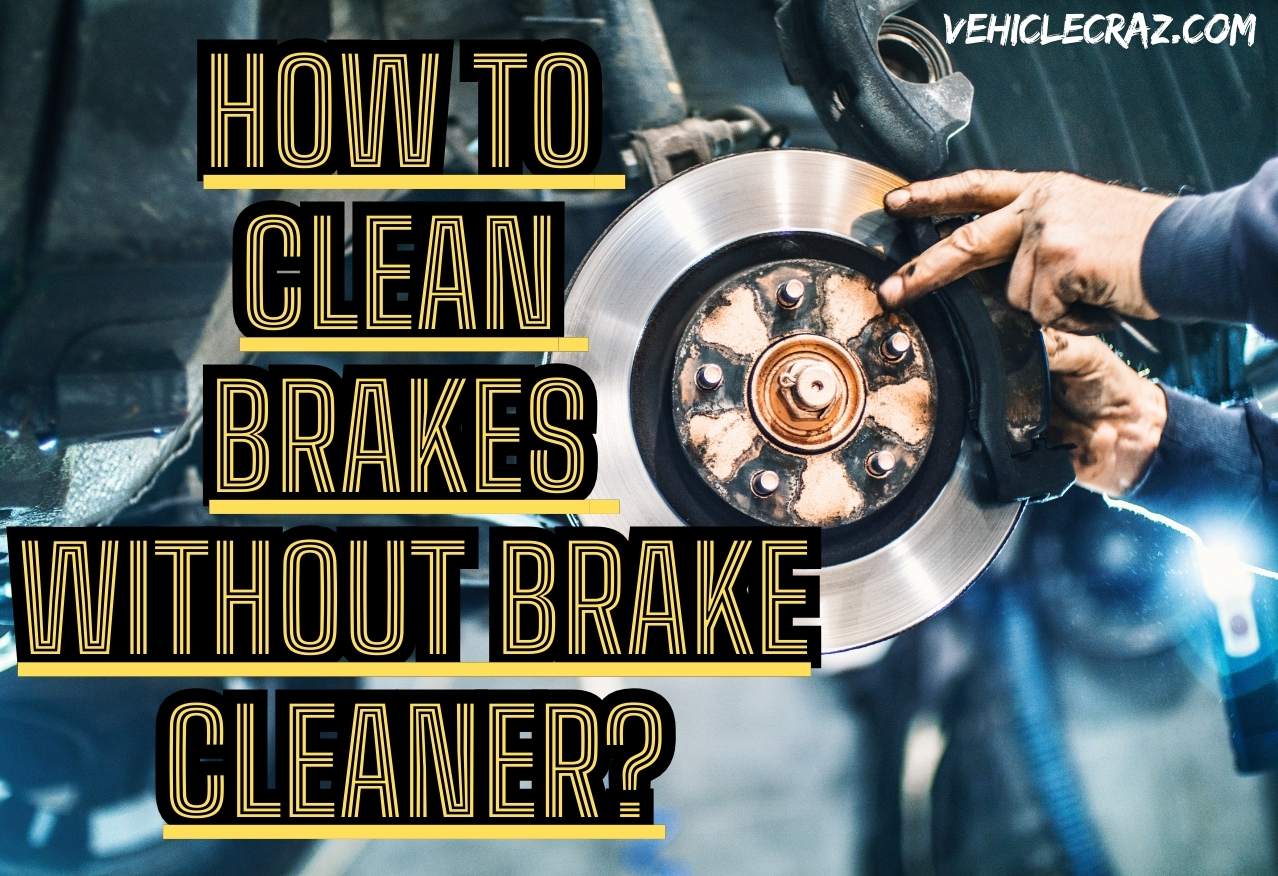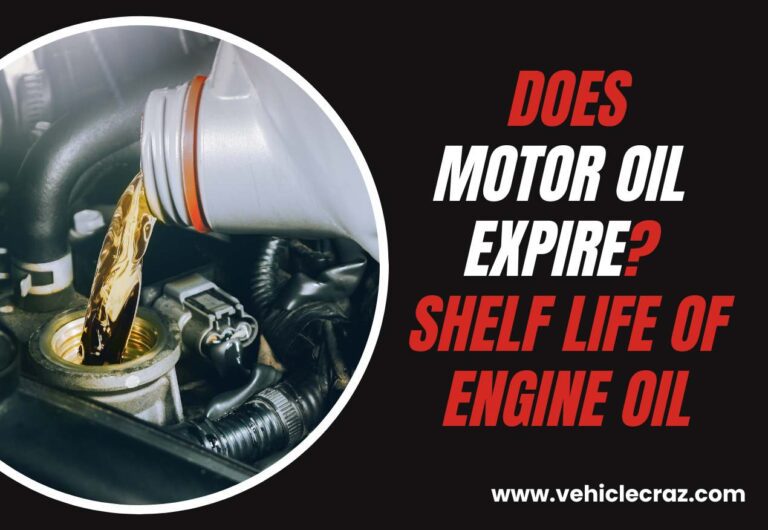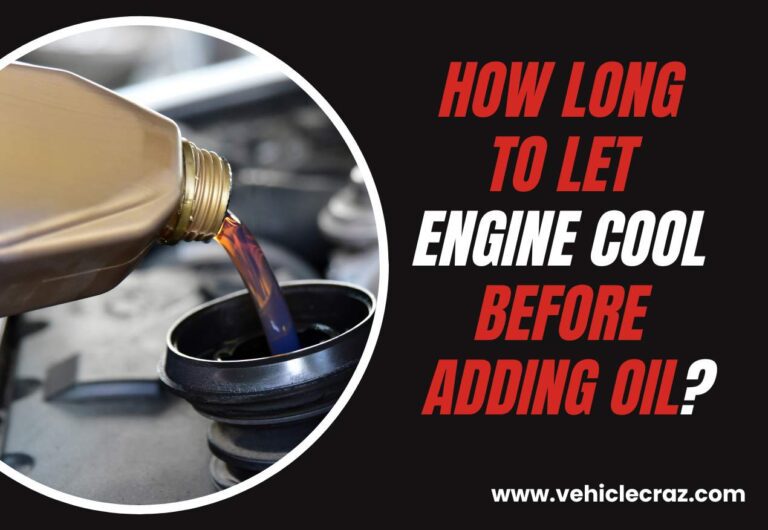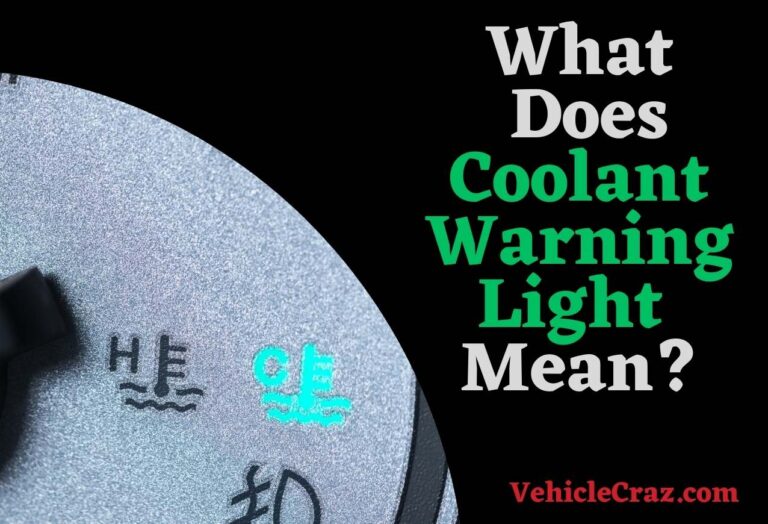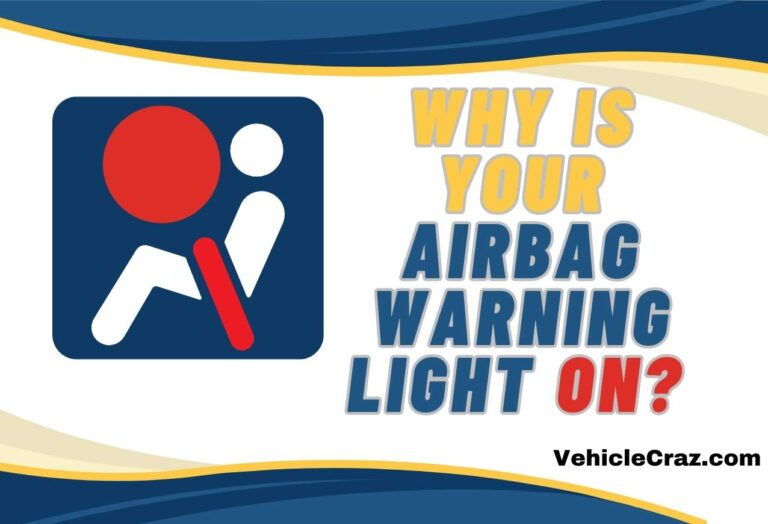How to Clean Brakes Without Brake Cleaner? 6 Alternatives
Brake cleaners may not be readily available or accessible to everyone, especially in certain locations or situations where automotive products are limited. In addition, brake cleaners can be relatively expensive compared to other cleaning solutions and some individuals may be looking for more cost-effective alternatives. So, why not answer this question? How to Clean Brakes Without Brake Cleaner? Let’s start the search for the answers.
Table of Contents
ToggleHow to Clean Brakes Without Brake Cleaner?
Cleaning brakes without brake cleaner is possible using alternative methods that are safer. Here are some cool brake cleaner alternatives and how you can use them.
Soap and Water
First, mix mild dish soap with water to create a gentle cleaning solution. Then, use a soft brush or cloth to apply the solution to the brake components and scrub gently to remove dirt and grime. Finally, rinse thoroughly with clean water and allow the brakes to dry completely before use.
Pros
- Soap and water are generally safe to use and non-toxic.
- Readily available and cost-effective.
- Mild enough to not damage brake components.
Cons
- Might not be as effective on tough, greasy residues.
- Soap residue needs to be completely rinsed off to avoid brake squeal.
Isopropyl Alcohol
Isopropyl alcohol can effectively clean brake components without leaving residue. All you have to do is apply a small amount of isopropyl alcohol to a clean cloth or cotton swab, wipe the brake components to remove dirt and debris, and allow the alcohol to evaporate completely before using the brakes.
Pros
- Removes dirt, grease, and oil effectively.
- Evaporates quickly and leaves no residue behind.
- Can also sanitize brake components.
Cons
- Highly flammable, so it must be used with caution.
- Can dry out rubber or plastic components over time if not used carefully.
Vinegar and Baking Soda
First, you have to create a paste by mixing vinegar and baking soda. Then, apply the paste to the brake components and allow it to sit for a few minutes. Now, scrub gently with a soft brush to remove dirt and grime. Finally, rinse thoroughly with water and allow the brakes to dry completely.
Pros
- Environmentally friendly and non-toxic.
- Good at breaking down dirt and grime.
- Baking soda helps neutralize odors.
Cons
- The paste can be difficult to apply and rinse off completely.
- May not be strong enough for heavy-duty cleaning.
Citrus-based Cleaners
Citrus-based cleaners are environmentally friendly and effective for cleaning brakes. Apply the cleaner to a clean cloth or brush and scrub the brake components. Rinse thoroughly with water and allow the brakes to dry completely.
Pros
- Biodegradable and safe for the environment.
- Good at cutting through grease and grime.
- Leaves a fresh, citrus scent.
Cons
- Some products might leave a residue that needs to be rinsed off thoroughly.
- Can be more expensive than other homemade solutions
Compressed Air
Use compressed air to blow away dust and debris from brake components. Be cautious not to breathe in dust particles and wear appropriate safety gear.
Pros
- Fast way to remove dust and debris.
- Doesn’t leave any residue behind.
- No risk of chemical damage.
Cons
- Dust can become airborne; requires proper safety gear to avoid inhalation.
- Not effective on grease or oil stains.
Warm Soapy Water
Mix warm water with a small amount of mild soap. Apply the solution to the brake components and scrub gently with a brush or cloth. Rinse thoroughly with clean water and allow the brakes to dry completely.
Pros
- Mild and safe for most brake components.
- Simple and cost-effective solution.
- Readily available and easy to apply.
Cons
- Not as powerful as specialized cleaners for tough stains.
- Must be rinsed thoroughly to avoid soap residue on brakes.
Can You Use Petrol as Brake Cleaner?
Using petrol as a brake cleaner is highly discouraged due to significant risks despite its solvent capabilities. While petrol effectively dissolves grease and oil and is readily available, the drawbacks far outweigh these benefits.
- Petrol is highly flammable, posing a serious fire hazard, especially near hot brake components or in enclosed spaces. The risk of ignition from static electricity or sparks is substantial.
- Inhaling petrol vapors can cause respiratory issues and long-term health effects, while skin contact can lead to irritation and dermatitis.
- Spills can contaminate soil and water, and petrol vapors contribute to air pollution.
- Petrol can degrade rubber seals, hoses, and plastic parts, potentially leading to brake failure. Residual petrol on brake pads can reduce effectiveness and increase stopping distances.
- Many regions prohibit petrol as a cleaning agent due to its hazards.
Can You Use Engine Cleaner as Brake Cleaner?
Using engine cleaner as a brake cleaner is generally not advisable due to significant differences in formulation and intended application. Engine cleaners, while effective at dissolving grease, oil, and dirt, are designed specifically for engine parts and may leave residues that can adversely affect brake performance.
These residues can reduce the friction coefficient of brake pads and rotors, leading to decreased braking efficiency and increased stopping distances. Additionally, the harsh chemicals in engine cleaners can damage sensitive brake components, including rubber seals and plastic parts, potentially causing brake system failure.
Safety concerns also arise when using engine cleaners on brakes. Some engine cleaners are flammable, posing a fire risk when used on brakes that can become hot during operation. Inhalation of fumes from engine cleaners can pose health risks, particularly in enclosed spaces.
Furthermore, using inappropriate cleaners can violate regulatory guidelines, and vehicle manufacturers typically recommend using products specifically designed for brake cleaning to ensure safety and performance.
For safer and more effective brake cleaning, it is recommended to use products specifically formulated for this purpose. Commercial brake cleaners are designed to clean brake components without leaving harmful residues and are often non-flammable.
Isopropyl alcohol is another effective option that removes dirt, grease, and oil without damaging components or leaving residues. Citrus-based cleaners are eco-friendly, biodegradable, and effective on grease without harming brake parts. These alternatives ensure that brake performance is not compromised and components remain intact.
You May Also Like


I’m Alex, a seasoned mechanical teacher with over 20 years of hands-on experience in Australia. My passion for all things automotive has driven me to establish this blog, aiming to share my wealth of knowledge and expertise with fellow enthusiasts, DIYers, and anyone keen on understanding the mechanics behind the machines we rely on daily.

